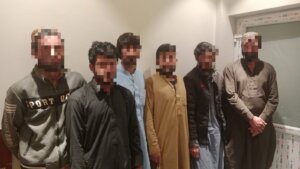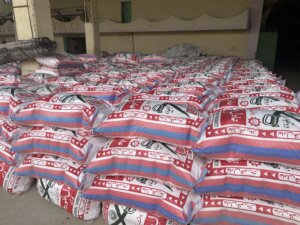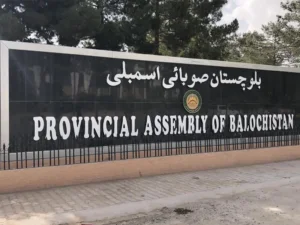Sheikh Razzaq :
QUETTA: Parliamentary Secretary Law and Parliamentary Affairs, Dr. Rubaba Buledi said that over 1.7 billion people were globally deprived of basic sanitation services, such as private toilets. “Of these, 494 million still defecate in the open, for example in street gutters, behind bushes, or into open bodies of water,”
Addressing an awareness session “Toilets making the great under Sanitation for Millions (S4M)” jointly organized by GIZ and Balochistan Rural Support Program (BRSP) here at a local hotel on Wednesday.
The session was organized to award winners of schools and seminary students with shields for the best sanitation facilities. As many as 100 schools and 25 seminaries were given the task to participate in the sanitation competition.
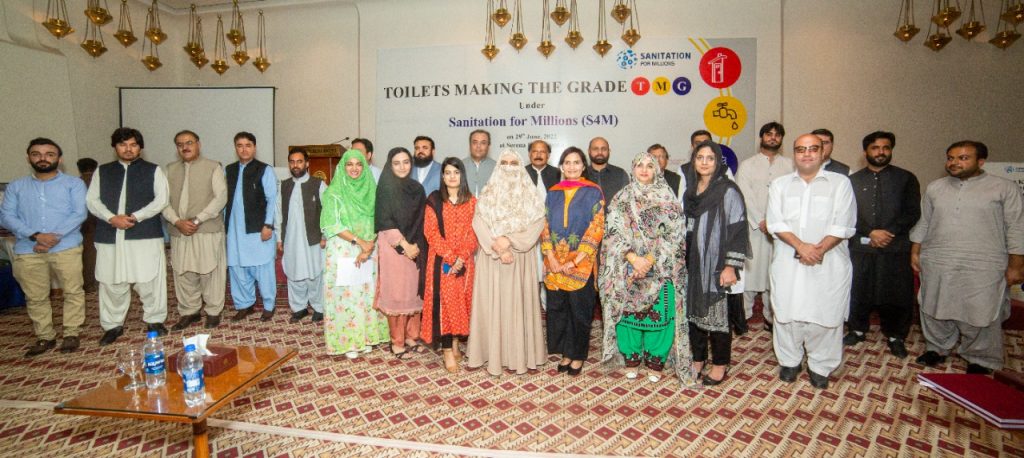
25 million people in Pakistan still practice open defecation: UNICEF
Dr. Rubaba Buledi said that Pakistan has made significant progress in improving access to sanitation however according to a UNICEF report, 25 million people still practice open defecation. Lack of access to proper sanitation facilities negatively impacts the health and wellbeing of children.
Also Read: Routine immunization in Balochistan to be improved: Rubaba Buledi
“53,000 Pakistani children under five die annually from diarrhea due to poor water and sanitation,” she further said. She kept on saying that children suffering from repeated episodes of diarrhea are likely to fall behind in school or drop out altogether.
Diarrhea causes stunting among the children: Dr. Rubaba
Furthermore, it can also cause stunting which currently affects almost 44 percent of children in Pakistan.
Lauding the efforts of GIZ and BRSP, she said that improvement in sanitation and hygiene is part of Sustainable Development Goals; the government is making endeavors to achieve these goals in collaboration with the organizations working on the issue.
“There is a dire need to expand it to the interior parts of the province engaging the local community to succeed more effectively. She deplored that due to poor sanitation facilities, a huge chunk of the poor class is wasted in saving their children from viruses and bacteria.
“With the provision of the best hygienic and sanitation facilities, we could save their money from wastage,” she maintained.
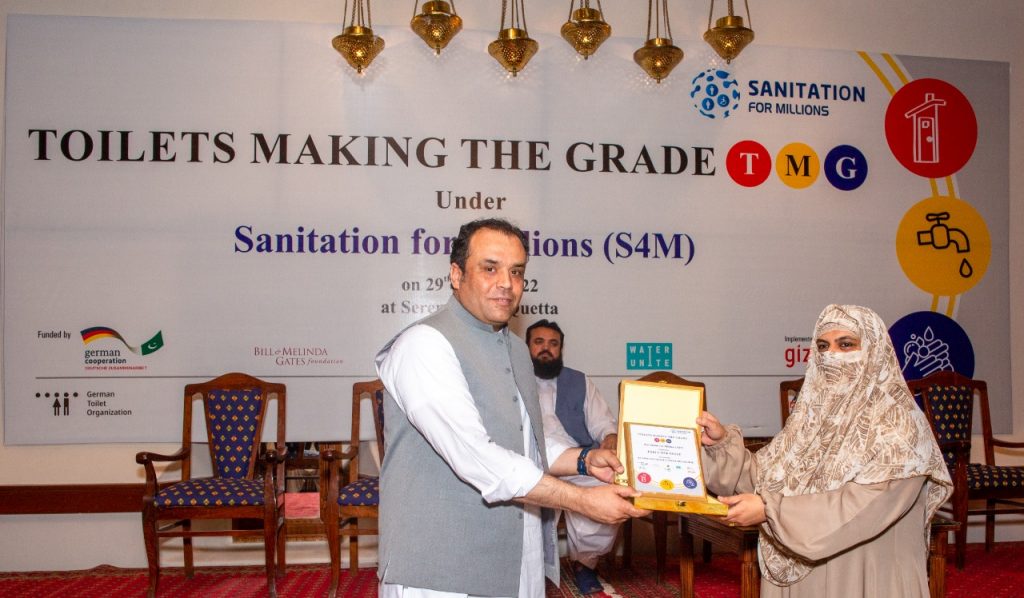
GIZ making efforts to sensitize people about sanitation: Hashim Khan
Senior Technical Advisor GIZ Pakistan Hashim Khan on the occasion said that GIZ is making all-out efforts to sensitize people about sanitation and provide maximum support in this connection. GIZ Technical Advisor thanked the Women Parliamentary Caucus of Balochistan Assembly for extending its support for creating awareness on sanitation.
Provincial Technical Advisor GIZ Jaffar Shah said that a sanitation task was given to 100 schools and 25 seminary students, of the three best were awarded with certificates and shields.
However, he noted that all those who participated are our partners in saving the future of our new generation. They are volunteers who came forward to play their part vigorously.
Former Speaker Balochistan Assembly Rahila Hameed Durani, MHM Coordinator Shahana Tabasum, Project Manager BRSP Tahir Agha, DEO Quetta Shabir Lango DEO female Samina Salim, senior officials of health department Dr. Tahira, Faiza Baraich also spoke on the occasion.
Earlier, the winners were awarded shields and certificates.

